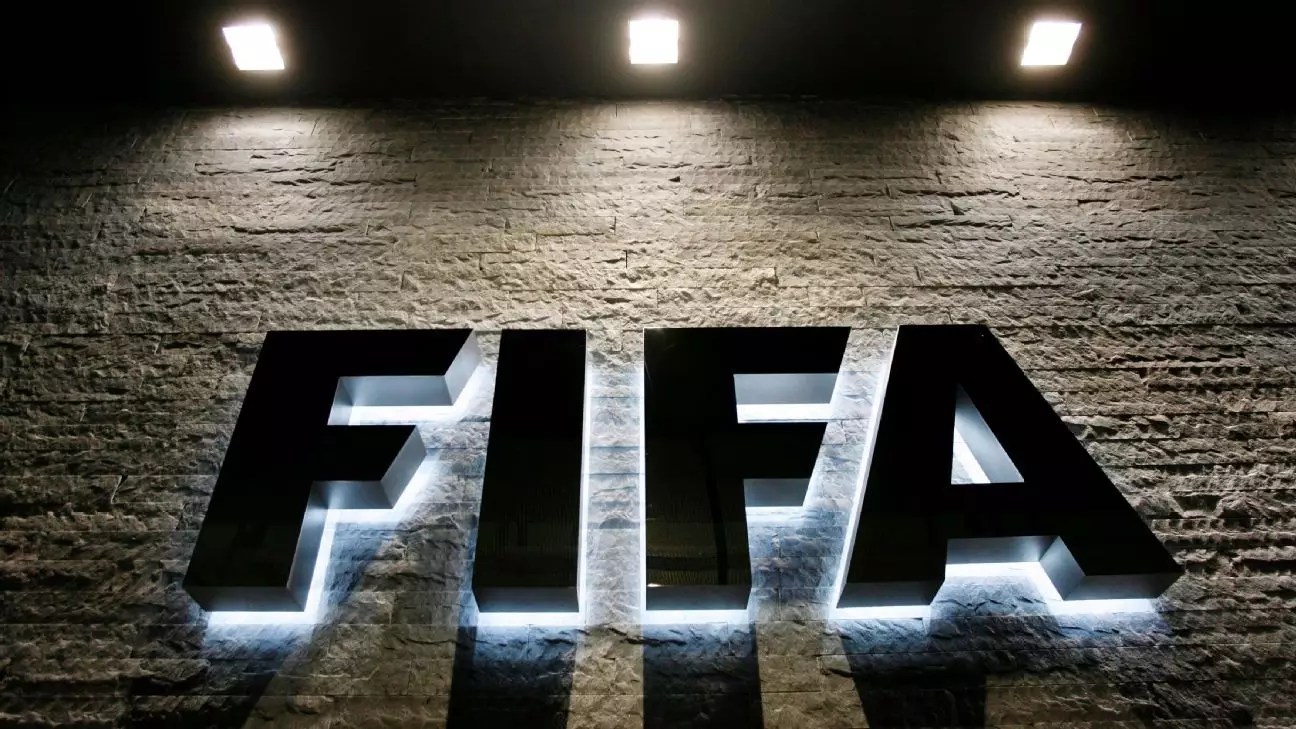Recently, FIFA extended an olive branch to global groups of soccer leagues and player unions in an attempt to resolve a three-month dispute over the crowded competitions calendar. The World Leagues Association and FIFPRO were on the brink of legal action against FIFA due to the continuous addition of games and tournaments that were putting a strain on their members. However, FIFA expressed its belief in finding a more constructive way to move forward without the need for legal threats.
The 2026 World Cup, set to be hosted across North America, has been expanded to include 48 teams instead of the usual 32. Additionally, FIFA has introduced a 32-team Club World Cup that will take place every four years, with the inaugural edition scheduled for June in the United States. On another front, UEFA is also planning to expand its club competitions by adding more teams and games, further compressing domestic schedules.
Notably, the European groups of leagues and player unions have filed a formal legal complaint against FIFA to the European Commission in Brussels. The complaint focuses on the alleged breaches of competition law by FIFA, while UEFA has been excluded from the legal action. FIFPRO member unions from England and France have taken the matter even further by filing a lawsuit against FIFA in a commercial court in Brussels, aiming for a referral to the European Court of Justice.
As FIFA manages the calendar of international matches, determining when clubs must release players for national-team duty until 2030, the global groups of leagues and unions are pushing for a reevaluation of the current setup. They seek a greater say in the decision-making process, emphasizing the need for open dialogue and collaboration between all stakeholders.
The ongoing conflict between FIFA and various soccer entities highlights the complexities and challenges faced in managing the global sport. The clash between commercial interests, scheduling concerns, and player welfare underscores the need for transparent communication and inclusive decision-making processes to ensure the long-term sustainability and growth of soccer worldwide. Only through constructive engagement and mutual respect can the sport evolve and thrive in the face of mounting pressures and competing priorities.


Leave a Reply